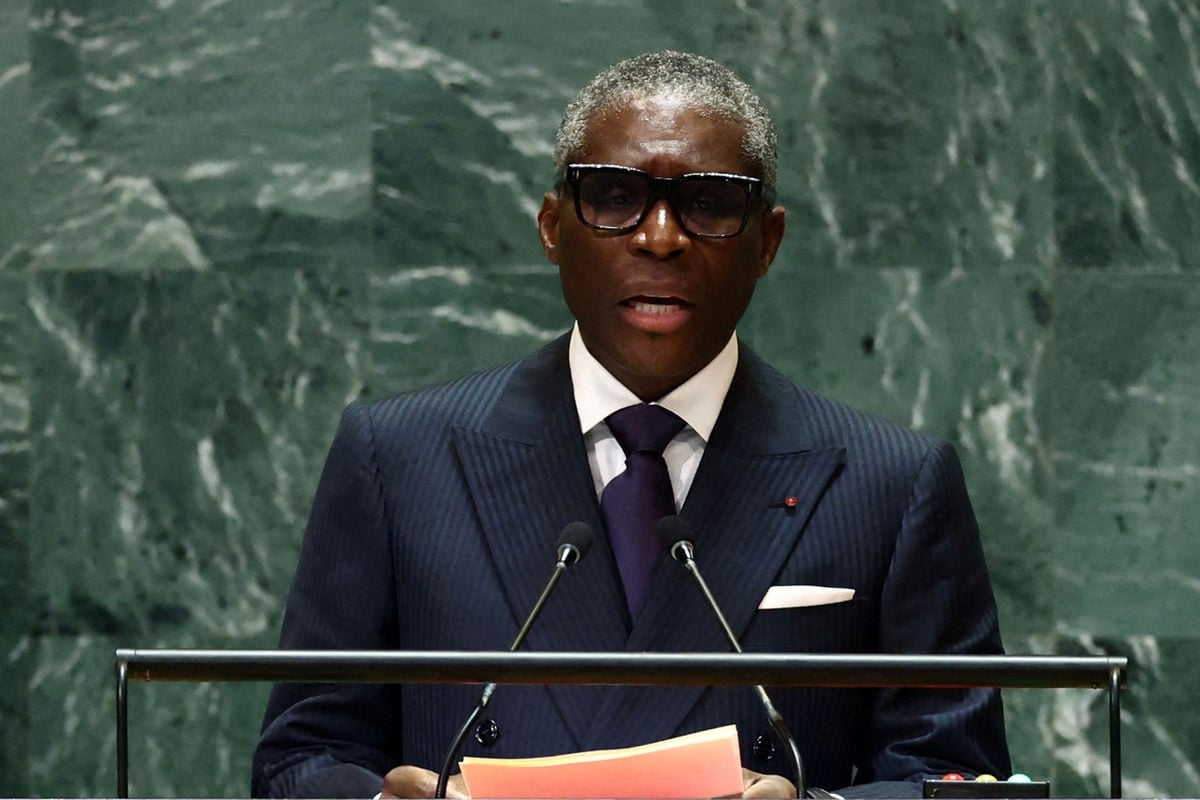Prime
Religious leaders say it’s challenging to keep pregnant girls in schools

Archbishop Stephen Kaziimba Mugalu
What you need to know:
- The concern was raised by the IRCU through a statement read by His Grace Dr Stephen Samuel Kaziimba Mugalu, while addressing journalists on Tuesday.
The Inter-Religious Council of Uganda (IRCU) has raised concerns over the challenges of keeping pregnant girls in schools, saying the directive given by the government requires national conversation of all stakeholders on how it can be implemented.
The concern was raised by the IRCU through a statement read by His Grace Dr Stephen Samuel Kaziimba Mugalu, while addressing journalists recently.
He said that the reopening of schools would have challenges given the long period of closure, which has affected the state of infrastructure, teachers’ availability interest and commitment of the learners, and parents’ ability to meet the education requirements among other issues.
Dr Kazimba said that the IRCU is aware of the efforts put in place by the Ministry of Education for all learners, notwithstanding the challenges ahead such as automatic promotion, measures for upholding Covid-19 protocols, and young people who find themselves in the role of parenthood.
The Archbishop said that although the efforts by the ministry are commendable, some of the issues need to be discussed further by all stakeholders since teachers lack the skills to manage learners in some conditions.
“The schools are not equipped to take care of health challenges that may emerge in the first three months of the pregnancy and yet we have this commitment to reduce maternal mortality. There are also cases of boy fathers who are now being forced to provide for their expectant baby mothers. There are girls who were in boarding schools and are struggling to decide whether they will manage the boarding school environment in their condition,” he said.
Archbishop Kazimba said that they [IRCU] are of the view that realistic options need to be explored to see how all learners can be reoriented into their situations since there is a shared dilemma on all stakeholders, that is; the children, teachers, school owners, parents, religious leaders and government.
“For Government, there are limitations in fulfilling its obligations within the re-entry guidelines. School owners also have the challenge of providing adequate facilities for expectant and lactating mothers and parents have increased burden in terms of fees and taking care of unplanned, undesired, and unsupported grandchildren, living with stigma in cases where incest is involved. All this calls for concerted efforts on how the country can come out of this dilemma” he explained.
The prelate, however, said that religious leaders are challenged in upholding morals in the face of the magnitude of the social issues for which they are also victims.
The religious leaders also want the parish development model scheme to widen its scope beyond economic empowerment to include issues of this nature as these affect the much-desired sustainable economic empowerment.
Bishop Joshua Lwere who is also a member of IRCU said that they are going to mobilize their members at grass root levels into a response team that will monitor a number of pregnant girls so that they are kept abreast with the magnitude and also monitor the challenges related to re-entry of the affected girls and boys on top of supporting parents and teachers.
He added that they are going to strengthen chaplaincy ministries in schools to improve on the prevention of such incidents.
“The set measures are intended to address the immediate challenges, but we are convinced that this social problem should not be accepted as normal and we call for concerted, consistent, and constructive effort in addressing the root causes starting with a national conversation with all key stakeholders,” he added.




